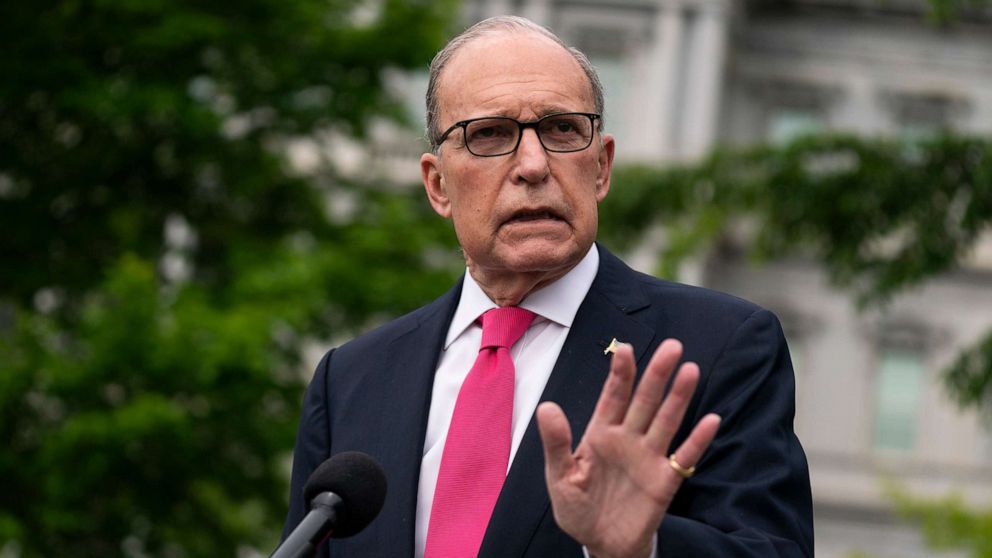2 min
Is America's banking system in trouble once again?
Nerves are rattled and many are worried as the markets opened Monday to news of another US bank collapse, making that two large banks shuttered in less than a week.It's news that's rocking the financial world on a massive scale.Federal regulators announced on Sunday that another bank had been closed and that the government would ensure that all depositors of Silicon Valley Bank — which failed Friday — would be paid back in full as Washington rushed to keep fallout from the collapse of the large institution from sweeping through the financial system.The Federal Reserve, Treasury and Federal Deposit Insurance Corporation announced in a joint statement that “depositors will have access to all of their money starting Monday, March 13.” In an attempt to assuage concerns about who would bear the costs, the agencies said that “no losses associated with the resolution of Silicon Valley Bank will be borne by the taxpayer.” March 12 New York TimesWith an economy already on edge as Americans feel the grip of inflation and worries of recession this is frightening news and media are scrambling for answers.What is causing the closures of these big banks and how many more will follow?How much money is lost and how much has been protected?Is this 2008 all over again? Is the federal government doing enough to stop the damage from spreading?What measures need to be put in place by government to assure citizens that their savings, retirement plans and mortgages aren't at risk?And will anyone be held accountable for the billions already lost?There's a lot to explain and that's where our experts can help.Rebel Cole, Ph.D., a Lynn Eminent Scholar Chaired Professor of Finance, has expertise in global financial institutions, commercial banking and small business finance. He spent 10 years working in the Federal Reserve System and has experience at the the International Monetary Fund and the World Bank. Cole has been interviewed by numerous national media outlets, such as The Wall Street Journal, The New York Times, The Washington Post and Fox Business.Rebel is available to speak to media regarding the current state of banking and what Americans need to watch for or worry about. Simply click on his icon now to arrange an interview today.

